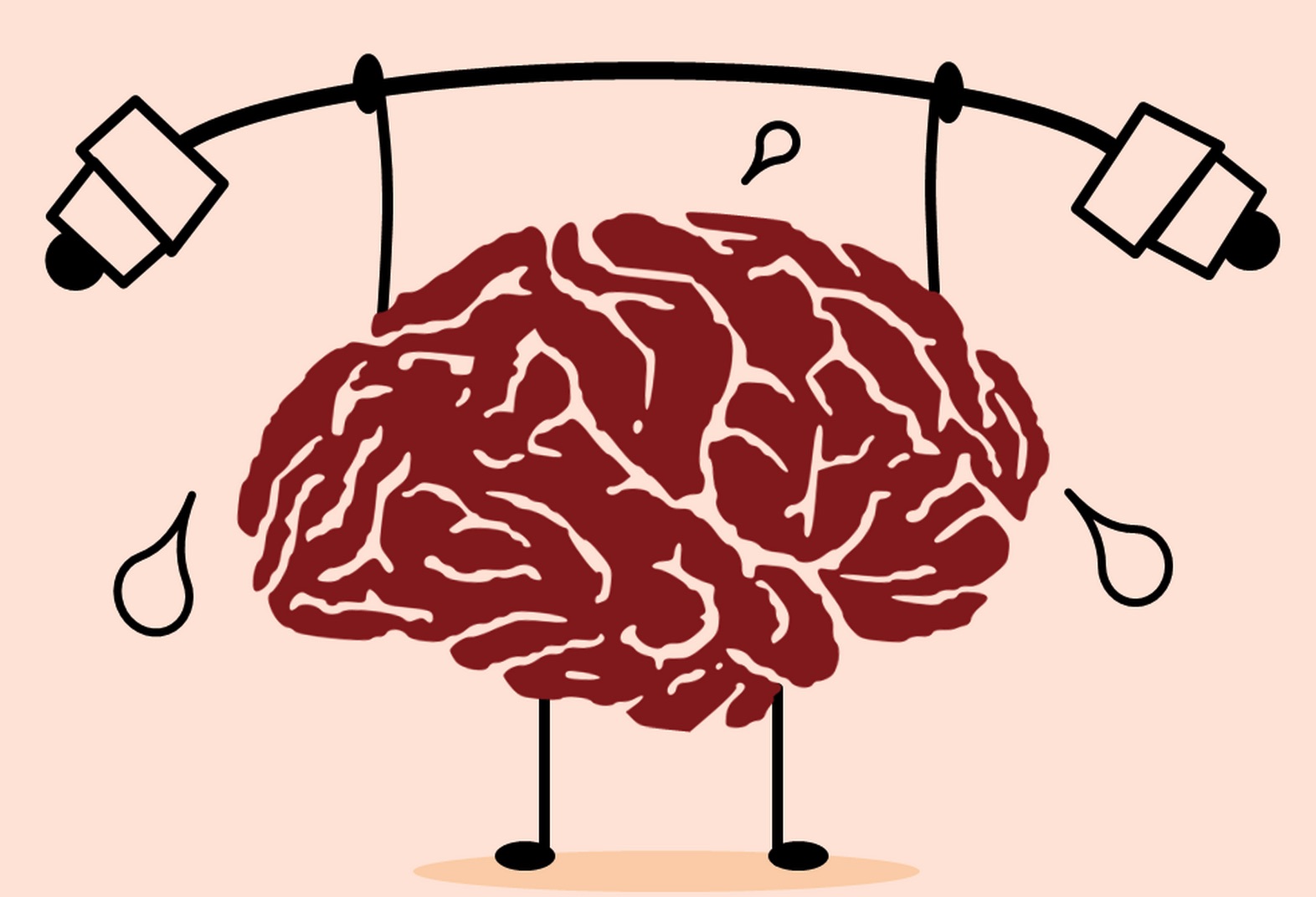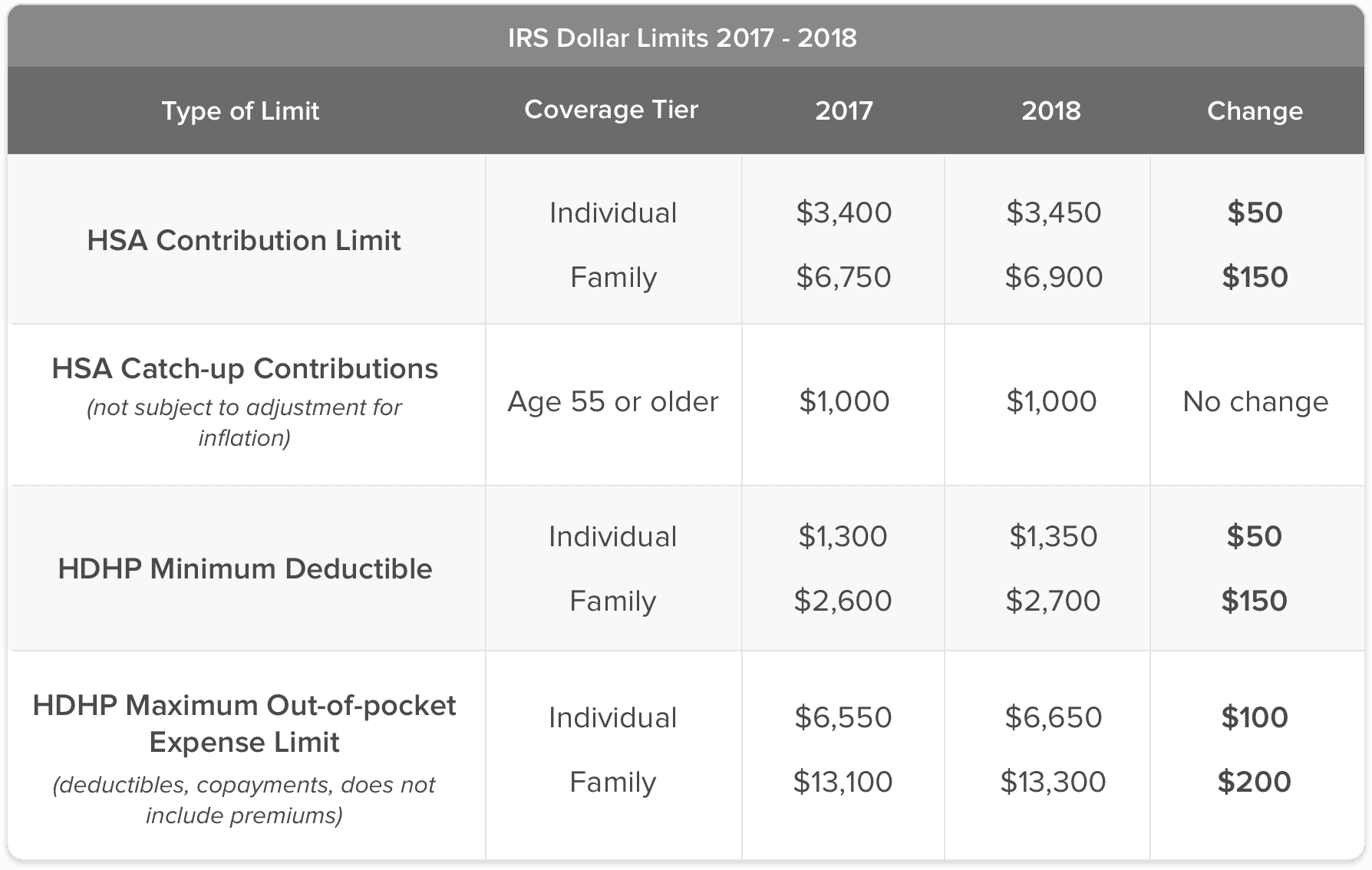How Essential Health Benefits Affect Treatments for Mental Health and Substance Use Disorders
Your mental health has an impact on your physical well-being and happiness.
June 26, 2018 - By Julia Pak - 4 min read
In 2014, the Affordable Care Act established 10 essential health benefits, or EHBs, that every traditional health insurance plan must cover. Identified as an EHB, mental health and substance use disorder services received federal recognition, igniting a nationwide conversation about mental health. Over the past few years, accessing and affording treatment for mental illnesses has become easier for individuals seeking help.
With coverage from your plan, you can speak to a mental health provider - one step closer to leading a emotionally and physically healthy life. Click To Tweet Once you have been clinically diagnosed with a mental illness or substance use disorder, you can start to consider treatment options to manage your symptoms. Whichever course of action you and your doctor decide to pursue, you’ll want to know if your insurance provider will cover it. Fortunately, most common services with professionals are covered by your health plan.
What’s in the Mental Health and Substance Use Disorder Services Benefit?
Mental or Behavioral Health Treatments: If you’re diagnosed with a mental disorder by a doctor, your therapy and other outpatient treatment options will likely be considered “medically necessary”. This means your health plan must cover sessions with a professional.
Psychiatrists |
Psychiatrists are medical doctors who are licensed to not only provide therapy with individuals but also prescribe medications if necessary. They are trained to diagnose and treat mental illnesses as well as substance use disorders. |
Psychologists |
Psychologists can help people with mental disorders through different forms of verbal therapy. They receive extensive training and must complete a doctoral degree in order to practice. |
Mental Health Counselors |
Mental health counselors are required to receive a master’s degree to help you manage your mental health condition. They’re problem-solvers who can guide individuals through treatment. |
Licensed Clinical Social Workers |
Licensed social workers hold a master’s or doctoral degree in social work to offer diagnoses and treatments for mental illnesses. |
- Other Therapies: Other treatments beyond conventional therapies for mental illnesses, may be encouraged by your psychologist or psychiatrist. For example, art, music, and drama therapies are all creative ways that allow individuals express their feelings. Coverage for costs of services and supplies are evaluated per case by health insurance companies.
Inpatient Services: If you are pre-approved by a physician to stay at a rehabilitation facility, your visit should be covered by your health insurance provider. However, the number of consecutive days of stay that is included may differ from state to state.
- Inpatient Rehabilitation for Mental Illnesses: Psychiatric hospitalizations and inpatient treatment programs at full-service mental facilities are a part of your health plan.
- Inpatient Rehabilitation for Substance Use Disorders: Day-treatments, inpatient detox, and residential rehabilitation for people with substance use disorders can be covered by major health insurance providers.
What’s Not in the Mental Health and Substance Use Disorder Services Benefit?
Education and Training: Your health insurance may not cover extensive education and training beyond the scope of therapy and counseling sessions. For example, many health plans do not include mental health-related vocational therapy, or resources for family members. However, with online resources at your fingertips, you can learn more about mental illnesses and substance abuse.Custodial Care: Daily assistance from non-licensed medical personnel is not considered an essential health benefit. Reimbursement for medical care from family members or friends will also not be covered.
Private Accommodations: If you require daily long-term care, a private room, or any other personal necessities as a part of treatment, your health insurance is not required to cover these costs.

How Does This Relate to Other Essential Health Benefits?
- Psychiatric Drugs: Prescription drugs, including medications to treat mental illnesses, are a separate essential health benefit under the ACA. With the increasing popularity of pharmacological treatments, coverage from health insurance providers continues to help thousands of people every day.
- Some Preventative Screenings: Under other essential health benefits, such as preventive care, screenings for some mental health illnesses should be covered. Examples include screenings for depression, alcohol misuse, and tobacco use. Screenings are crucial in detecting illnesses at an early stage to avoid the development of more severe symptoms.
What Does “Covered” Mean?
After you see a mental health professional, you can expect to pay for the visit if he or she accepts health insurance. When your insurance provider covers medical services, including mental health treatments, you also have to contribute to the costs. This can either be in the form of a copayment or coinsurance.
Covered Just Like Any Other Service:
You don’t have to worry that the costs for mental health treatments
will be more than what you pay for physical health services. The Mental
Health Parity and Addiction Equity Act, passed in 2008, helped close the
gap for physical and mental health treatments. This law requires coverage for mental health and substance use disorder services to be comparable to physical health services.
Therefore, insurance companies have to
charge nearly equal amounts whether you visit a psychologist or a
medical doctor. Finances and treatment cannot be restricted for mental
health services when compared to other services.
On HMO-type plans,
your doctor may need to write a referral before you can see a mental
health worker. On other plans, you can visit the provider directly,
without prior authorization.
If you continue sessions with a therapist
over an extended period of time, your health insurance can periodically
reevaluate whether they are “necessary”.
Healthcare professionals can continue speaking about mental health
and treatment options to reduce stigma in society. Your mental and
emotional health are equally as important as your physical health. By
including mental health and substance use disorder services as an
essential health benefit, individuals can take the next steps in
affording treatment.













